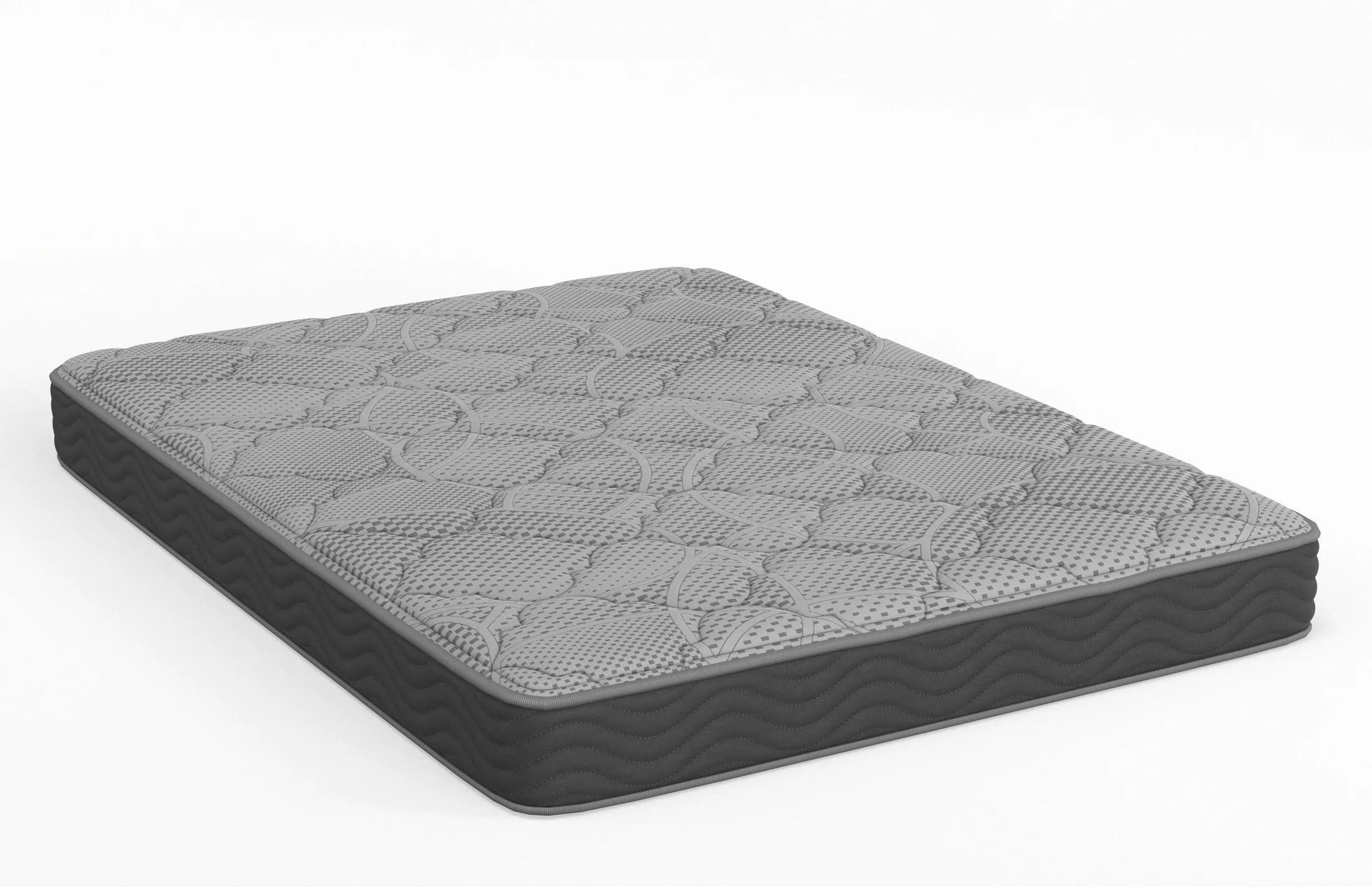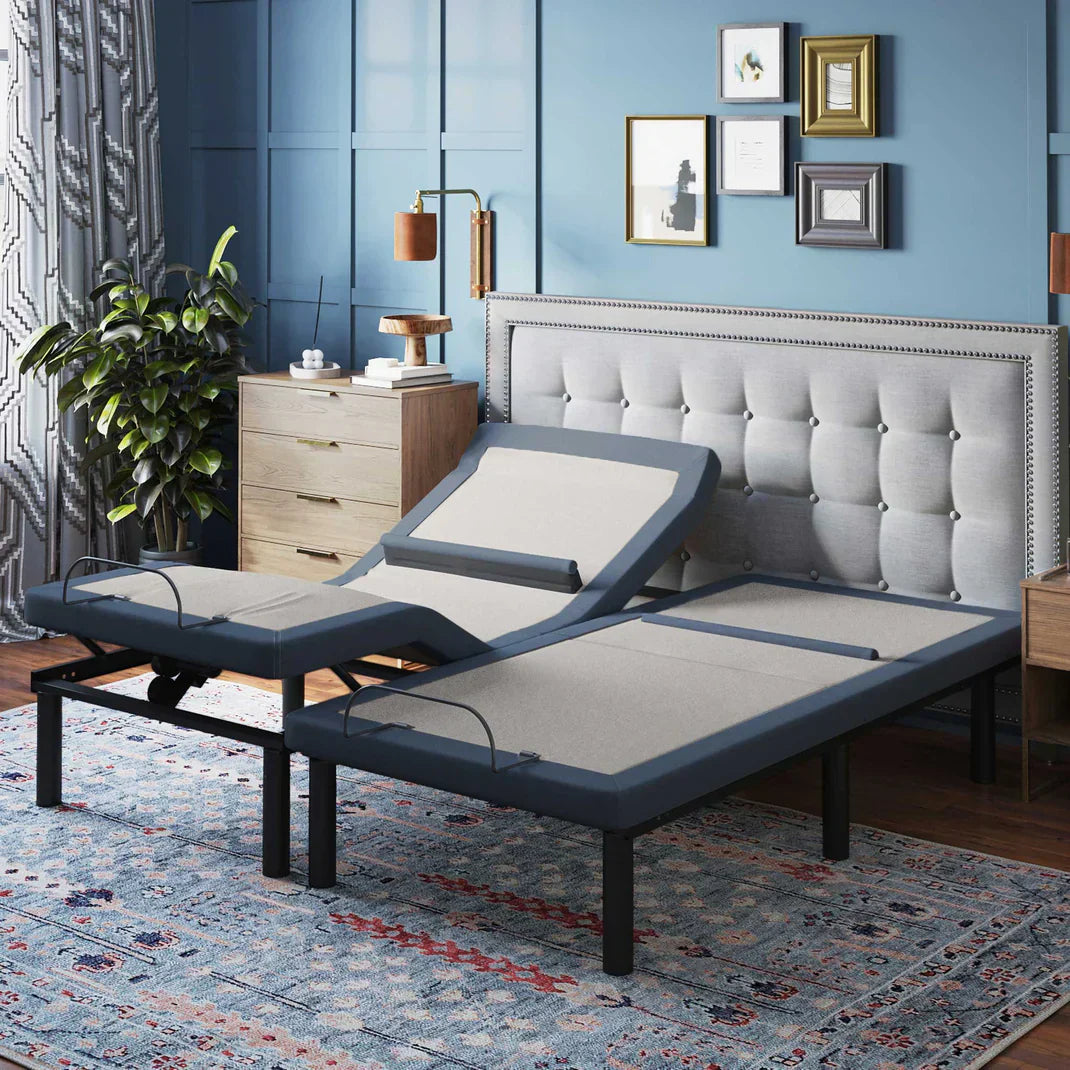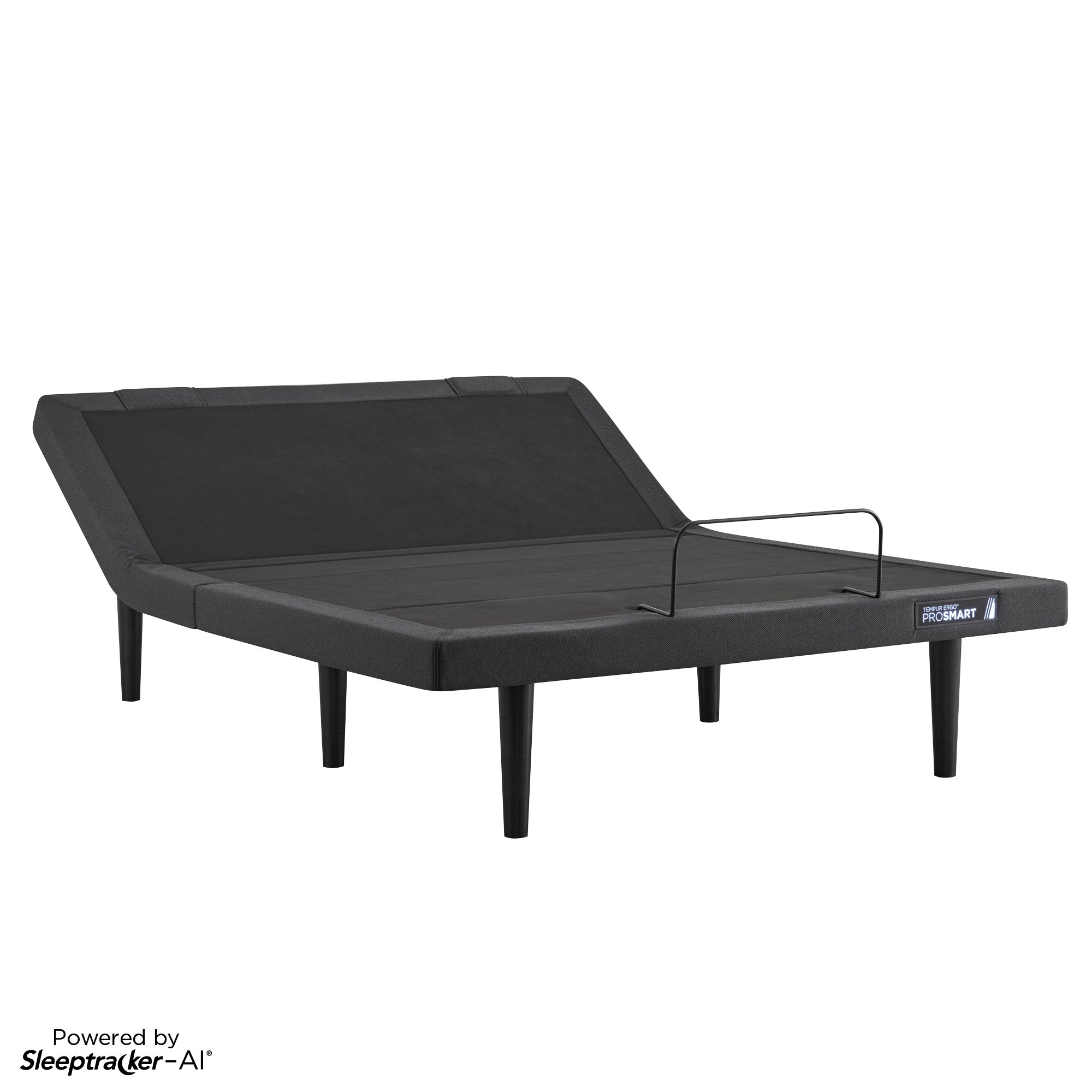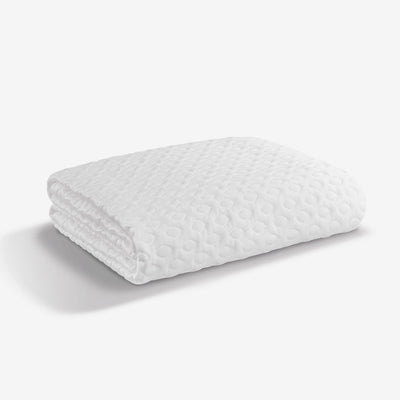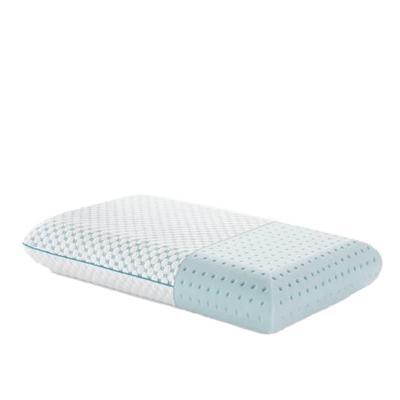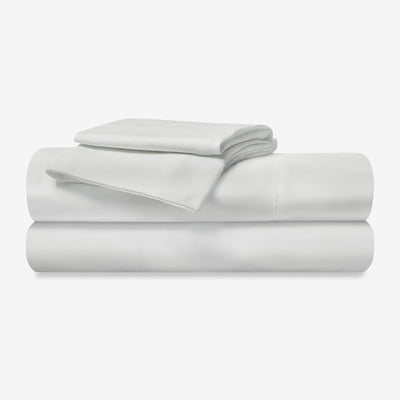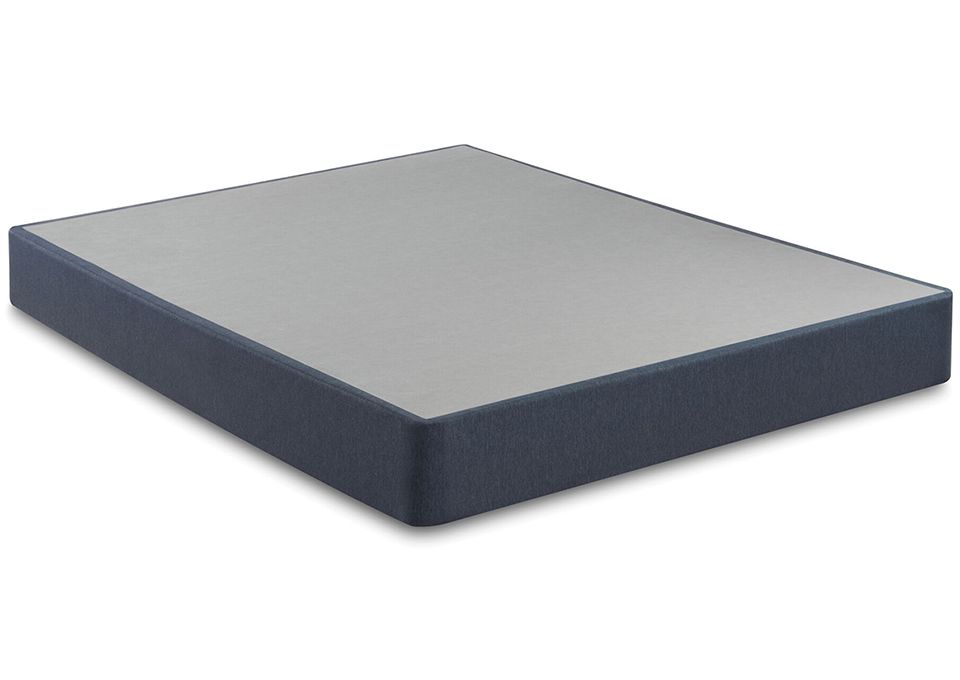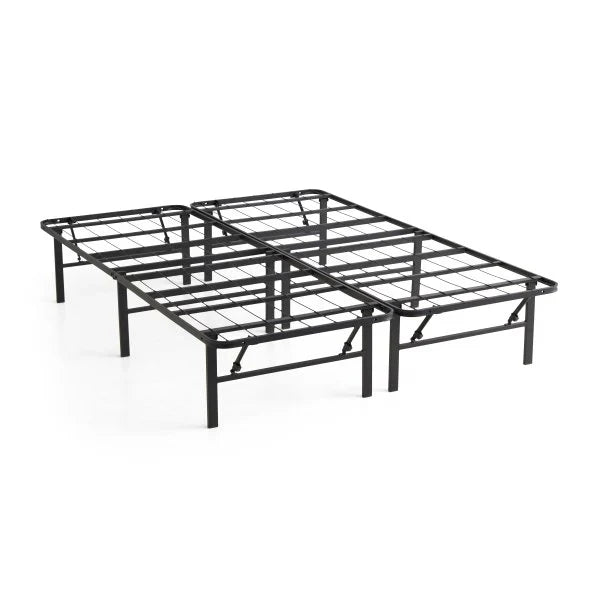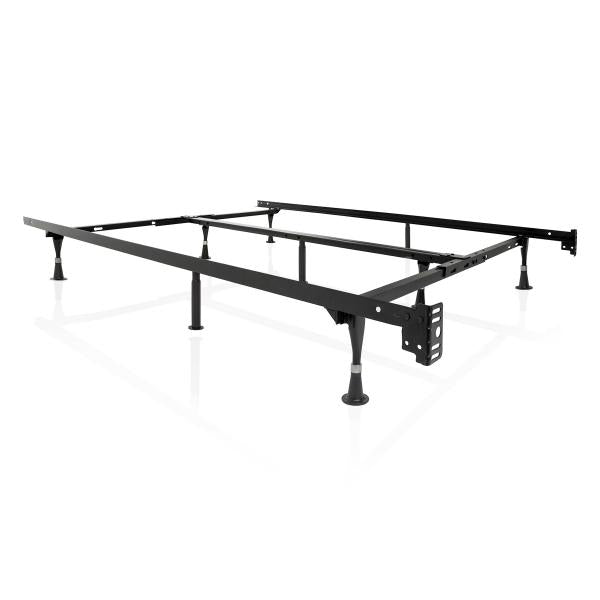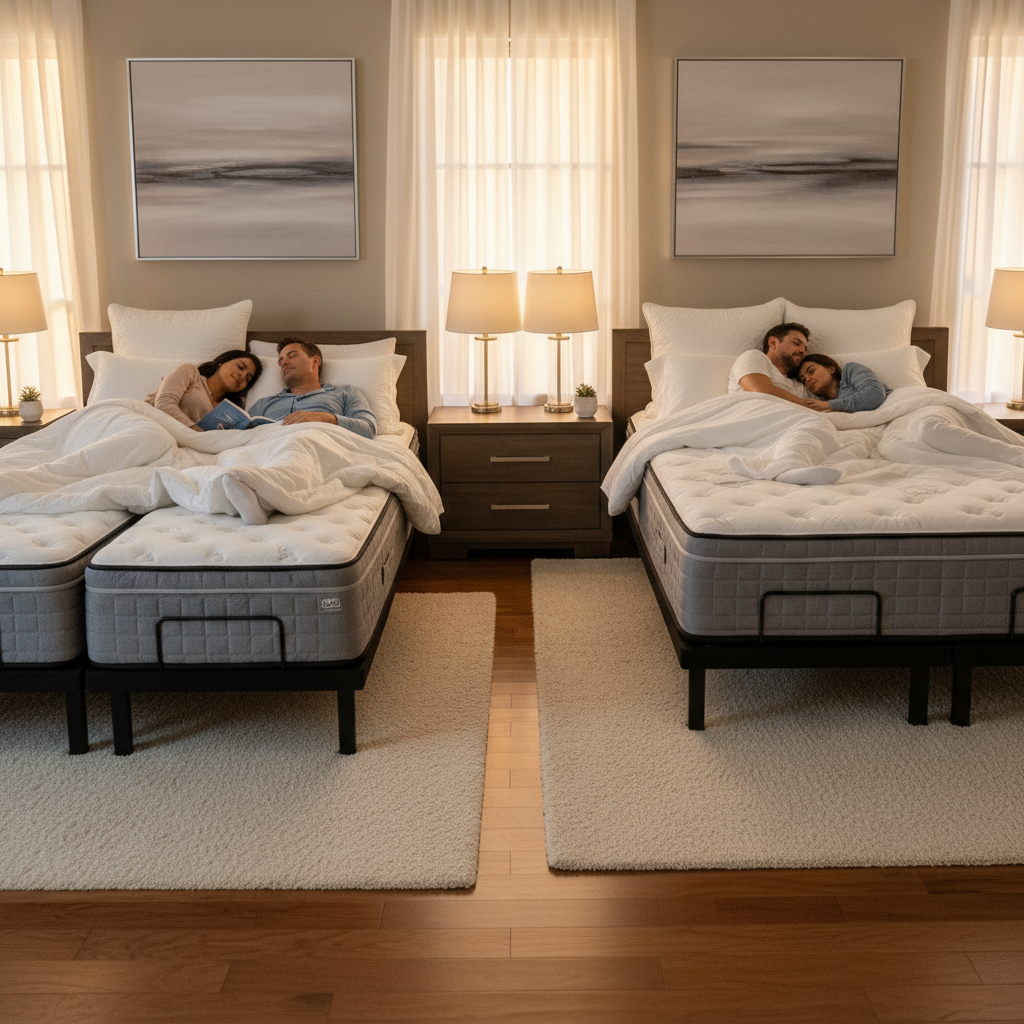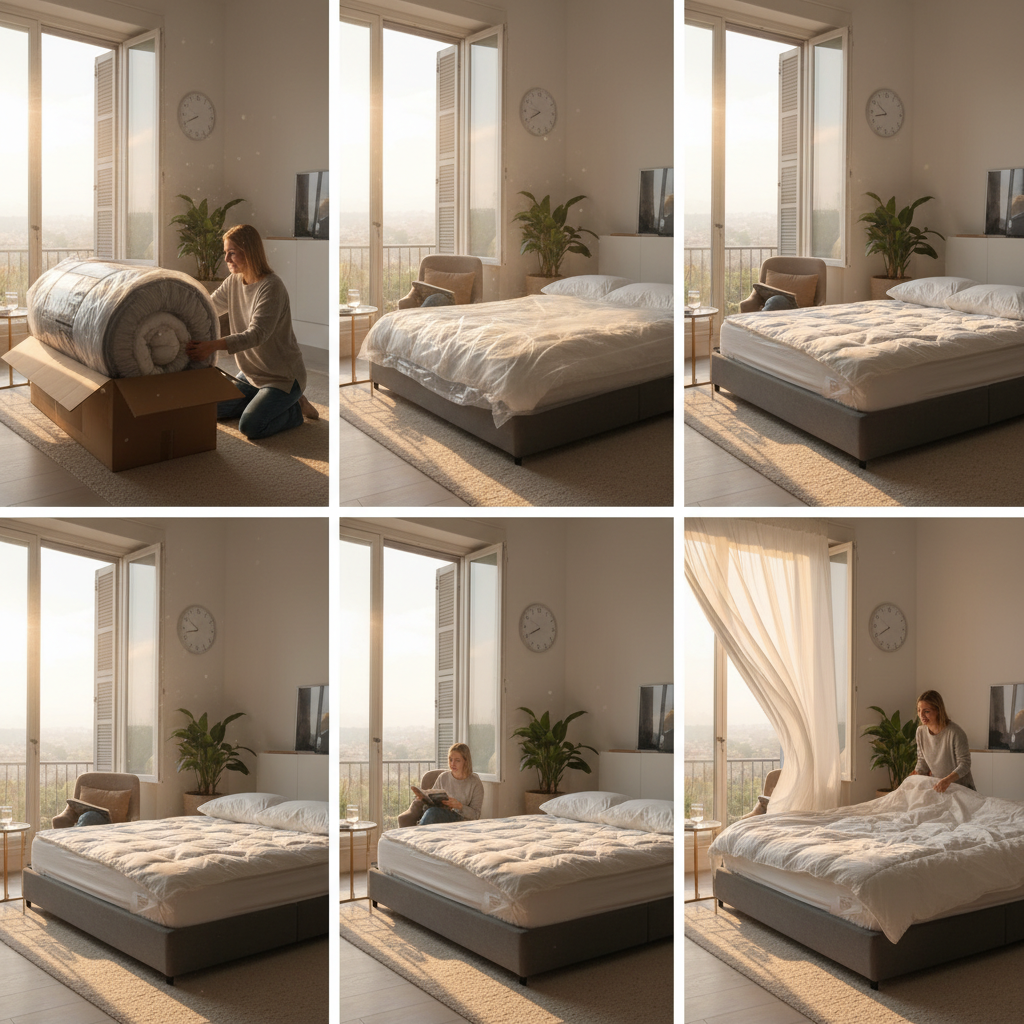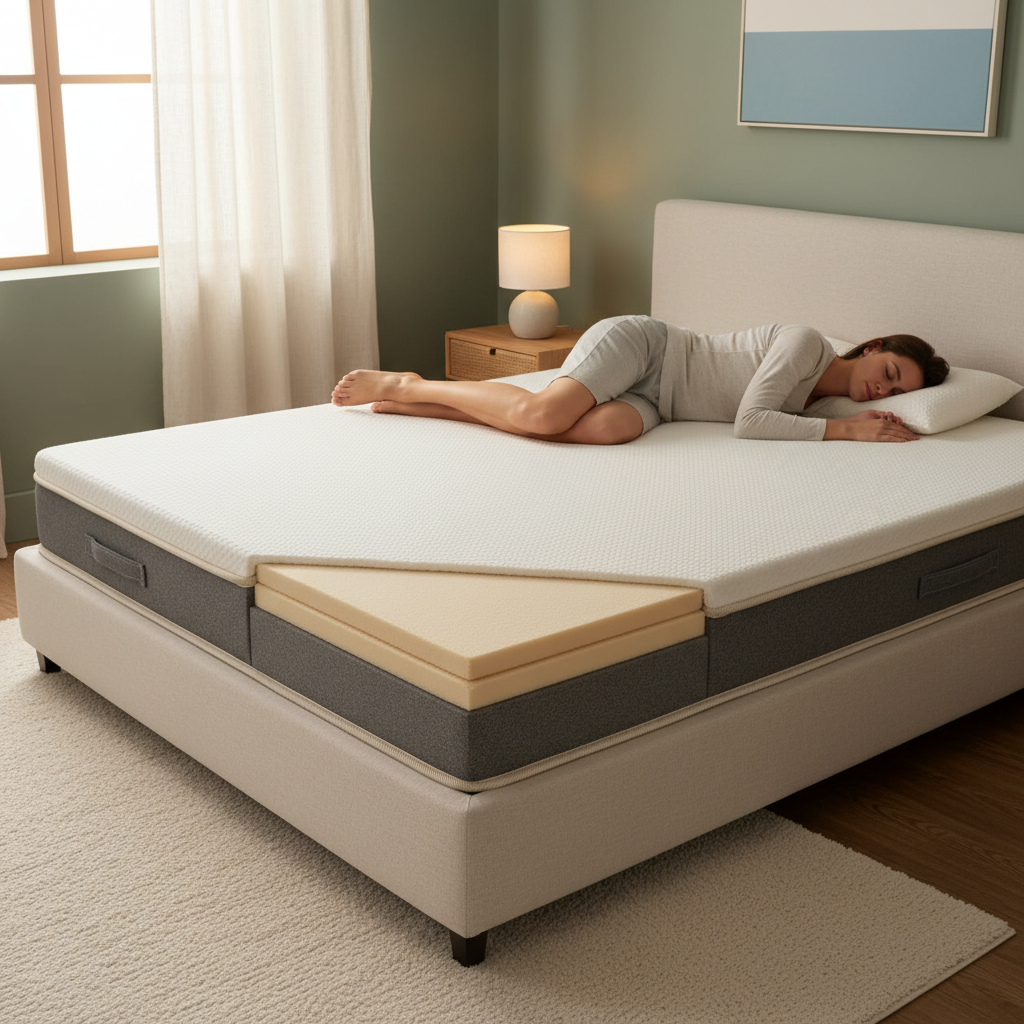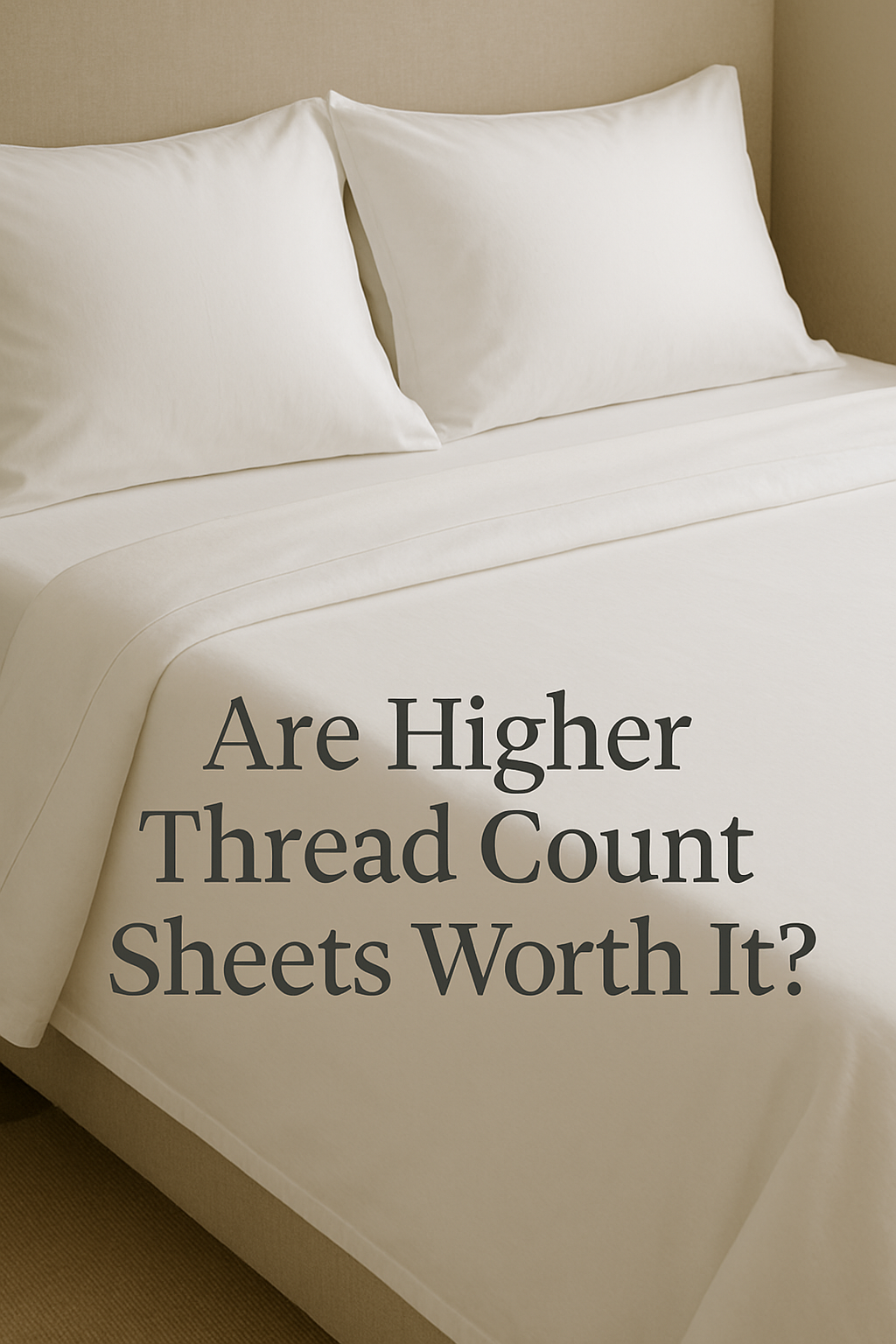
Choosing how much to spend on a mattress can feel overwhelming when you're faced with options ranging from a few hundred dollars to several thousand. The right investment in your sleep affects your daily energy, health, and overall quality of life, making this decision more important than many people realize. While price doesn't always guarantee quality, understanding the relationship between cost and mattress performance helps you make a smart purchase that delivers lasting comfort and value.
The Sweet Spot for Quality and Value
After analyzing extensive consumer feedback and expert recommendations, the optimal spending range for most people falls between $1,000 and $2,000 for a quality mattress. These recommendations are drawn from aggregated customer feedback, brand benchmarks, and general industry trends, though exact studies or expert citations are not listed. This price range represents a sweet spot where you gain significant improvements in comfort, durability, and support without paying premium prices for features that provide diminishing returns.
Within this range, you'll find mattresses with high-quality materials, solid construction, and reliable brand backing. The jump from budget options under $800 to this mid-range typically brings noticeable improvements in motion isolation, edge support, and long-term comfort consistency. Many satisfied customers report their $1,500 to $1,900 mattresses continuing to provide excellent sleep quality after three to five years of use.
[collection-carousel="featured-collection"]
However, spending beyond $4,000 often yields diminishing returns unless you have specific medical needs or unique comfort requirements. While luxury mattresses may offer premium materials or advanced features, the core sleep benefits don't always justify the substantial price increase for most sleepers.
Why Price Doesn't Always Equal Performance
One of the most important lessons in mattress shopping is that expensive doesn't automatically mean better. High-priced mattresses can still fail early, develop uncomfortable impressions, or simply not suit your sleep preferences. Some $6,000 luxury models don't necessarily last longer or provide better value than well-chosen mattresses in the $1,500 range.
This pricing paradox exists because mattress costs include factors beyond quality, such as marketing expenses, retail markups, and brand positioning. A lesser-known manufacturer using quality materials might offer superior performance at a lower price than a heavily advertised luxury brand. The key is focusing on construction details, material quality, and company reputation rather than relying solely on price as a quality indicator.
What Really Determines Mattress Value
True mattress value comes from the combination of initial comfort, durability, and comfort consistency over time. A $600 mattress that remains comfortable for three years provides the same cost-per-year value as a $1,200 mattress lasting six years. However, this calculation oversimplifies the reality that cheaper mattresses often degrade faster in areas like support and pressure relief.
-
Material quality and density affect longevity
-
Construction methods impact durability
-
Brand warranty and customer service influence long-term satisfaction
-
Personal comfort preferences determine daily sleep quality
Budget-Friendly Options That Actually Work
Mattresses under $800 can provide initial comfort, but they typically require compromises in durability, support consistency, or premium features. If budget constraints make higher-priced options unrealistic, focusing on reputable brands with solid warranties becomes even more important. Some sleepers successfully use budget mattresses by accepting shorter replacement cycles, essentially treating their mattress as a more frequently replaced item.
For those working within tight budgets, latex and hybrid mattresses from smaller, specialized manufacturers often provide better performance per dollar than big-box store options. Companies like Sleep On Latex and similar direct-to-consumer brands (mentioned here for illustrative purposes only) can offer quality materials at lower prices by avoiding traditional retail markups.
[collection-carousel="hybrid-mattresses"]
The compromise with budget mattresses usually appears after the first year or two of use. Support may diminish, comfort layers may compress unevenly, or motion transfer may increase as materials break down. Planning for earlier replacement can make budget options work, but the total cost over time often approaches what you'd spend on a higher-quality mattress initially.
When Premium Pricing Makes Sense
Some situations genuinely justify spending $3,000 to $5,000 or more on a mattress. People with chronic back pain, specific medical conditions, or severe sleep disruption from movement may find that premium features significantly improve their quality of life. Advanced materials like high-grade latex, sophisticated coil systems, or specialized cooling technologies can provide benefits worth the investment for certain sleepers.
Temperature regulation represents one area where premium mattresses often deliver measurable improvements. Advanced cooling materials and airflow designs can make a substantial difference for hot sleepers, potentially improving sleep quality enough to justify higher costs. Similarly, couples with significant weight differences or movement sensitivity may benefit from premium motion isolation and zoned support systems.
Calculating the Health Investment
When evaluating premium mattresses, consider the potential health and productivity benefits of improved sleep. If a $4,000 mattress helps resolve chronic pain or sleep disruption that affects your work performance and daily comfort, the investment may provide returns beyond simple cost-per-night calculations. However, this justification requires honest assessment of whether mattress features will actually address your specific sleep challenges.
The Boxed Mattress Reality Check
Boxed mattresses from online retailers have gained popularity for their convenience and competitive pricing, typically ranging from $400 to $1,200. These mattresses often provide good initial comfort and value, making them attractive options for many buyers. However, real-world experience suggests they may lack the long-term durability of traditional mattresses in similar price ranges.
Many boxed mattresses perform well for the first two to three years but then experience notable comfort degradation. The compressed shipping process and foam-heavy construction may contribute to faster breakdown compared to traditional spring systems or higher-quality foam construction. While the generous trial periods make them low-risk purchases, planning for potential replacement sooner than expected helps set realistic expectations.
[collection-carousel="memory-foam-mattresses"]
Individual Factors That Influence Spending
Your ideal mattress budget depends heavily on personal factors that affect both comfort needs and financial priorities. Body weight, sleep position, health conditions, and partner considerations all influence which features matter most and therefore what spending level makes sense for your situation.
Heavier sleepers typically need more durable construction and stronger edge support, potentially justifying higher spending for materials that maintain their properties longer. Side sleepers may prioritize pressure relief features, while back and stomach sleepers often need firmer support systems. These preferences can guide spending toward mattresses optimized for your specific needs rather than generic "good quality" options.
Age and Changing Needs
Sleep needs and mattress preferences often change with age, making this factor important in spending decisions. Older adults frequently become more sensitive to mattress comfort, pressure points, and temperature regulation. Investing in higher-quality materials and advanced features may provide greater long-term satisfaction as comfort sensitivity increases over time.
Younger buyers might prioritize value and basic comfort over premium features, accepting that their needs may change and require mattress replacement in several years anyway. This approach can make moderate spending more practical than investing heavily in features that may not remain relevant.
Making Your Decision: Practical Steps
Start by establishing a realistic budget range based on your financial situation and sleep priority level. Consider both the upfront cost and potential lifespan to calculate cost-per-year value. Most sleep experts recommend viewing mattresses as long-term investments, but this doesn't mean you need to stretch beyond comfortable spending limits.
-
Set a realistic budget range rather than a fixed amount
-
Research brands and materials within your range
-
Test mattresses in person when possible
-
Read actual customer reviews focusing on long-term comfort
-
Understand warranty coverage and return policies
-
Consider financing options if they don't strain your budget
In-store testing remains valuable despite the growth of online mattress sales. Spending 10-15 minutes on different mattresses can reveal comfort preferences and help you focus your research on appropriate firmness levels and construction types. Even if you ultimately buy online, in-store testing provides important baseline information.
Remember that mattress experiences vary significantly between individuals. What works perfectly for others may not suit your body type, sleep habits, or comfort preferences. Prioritize mattresses with generous trial periods and clear return policies, especially when buying online or trying new brands. This protection allows you to verify long-term comfort without financial risk.
How We Can Help
At Mattress On Demand, we understand that finding the right mattress within your budget requires personalized guidance rather than generic recommendations. Our certified Sleep Consultants work with you to match your specific needs, preferences, and budget to the most suitable options from our carefully selected brand portfolio including Helix, Tempur-Pedic, Diamond, Puffy, WinkBeds, and Brooklyn Bedding.
We believe in integrity and transparency throughout the buying process, which means we'll help you find the right mattress for your situation even if it means recommending a less expensive option than you initially considered. Our flexible financing options, including 0% financing for up to 60 months, make quality sleep accessible without straining your budget. Plus, our free local and nationwide delivery ensures your investment reaches you safely and conveniently.
This article was prepared in consultation with Mattress On Demand Sleep Consultants, who specialize in evaluating mattress durability, materials, and individual fit based on thousands of customer interactions.
Determining how much to spend on a mattress ultimately depends on balancing your sleep needs, financial situation, and long-term comfort goals. The $1,000 to $2,000 range offers the best value for most people, providing significant quality improvements without diminishing returns. Remember that price alone doesn't guarantee performance, individual testing and preferences matter more than generic recommendations, and investing in your sleep quality pays dividends in daily energy and health. Focus on finding a mattress that suits your specific needs within a comfortable budget rather than chasing the most expensive option available.







